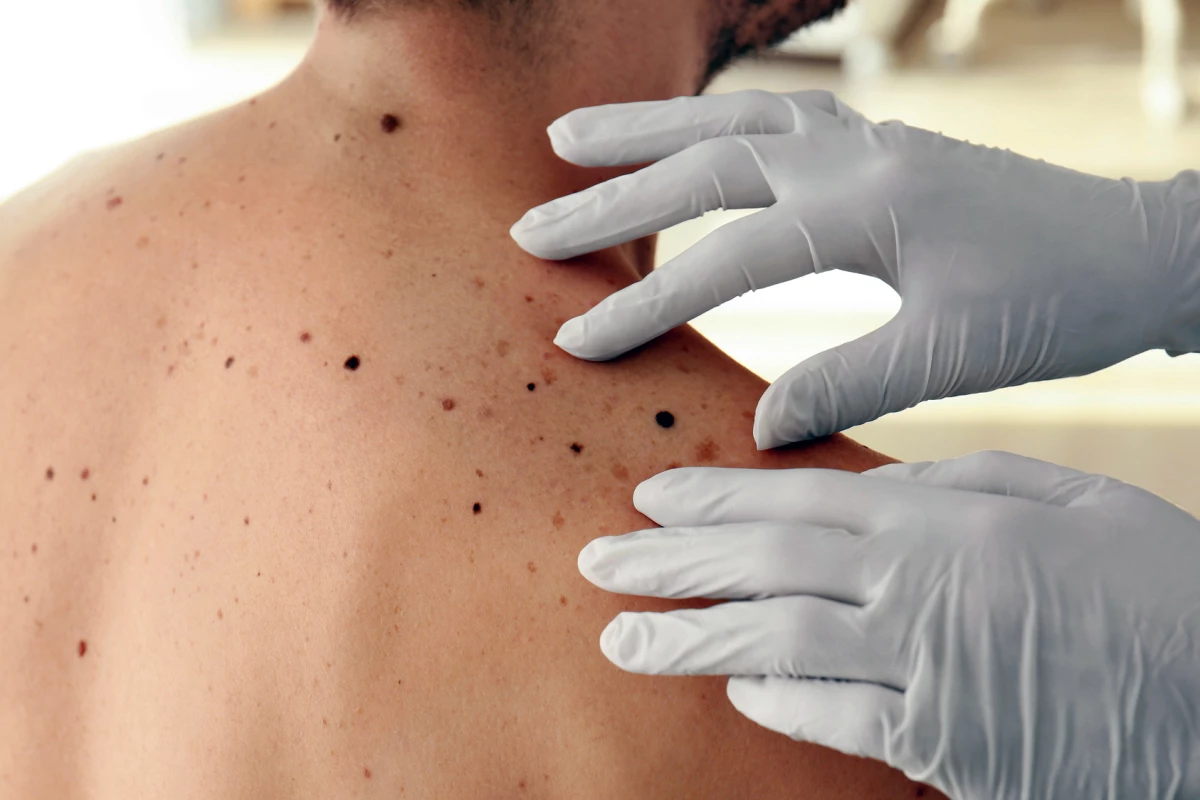Melanoma is not generally thought of as being caused by ‘cancer genes’ like, say, breast or prostate cancer. Previous studies have estimated that only 2% to 2.5% of melanoma cases are genetic, so public health messaging in relation to the cancer has focused on limiting sun exposure. But a new study led by researchers and clinicians at the Cleveland Clinic in the US has found that the risk is much higher.
“Hereditary cancers can wreak havoc through families and leave devastation in their wake,” said Dr Joshua Arbesman, the study’s senior author. “Genetic testing lets us proactively identify, screen and even treat these families to equip them with the tools they need to get the best healthcare possible.”
Genetic testing looks for harmful inherited variants in a person’s genes that put them at higher risk of getting certain types of cancer. US medical guidelines recommend that genetic testing for hereditary variants is carried out where the probability of a person being a carrier is 5% or greater. Because melanoma is considered to have low heritability, genetic screening is often not considered.
The researchers genetically tested 400 patients with melanoma and a personal or family history of cancers for over 80 cancer predisposition genes. Within the group, 15.3% were diagnosed with a genetic variant conferring heritable susceptibility to melanoma. This is seven-fold higher than previous estimates of 2% to 2.5%, and well above the 5% probability recommended for genetic testing.
Of that 15.3% of individuals, 67.2% had variants in cancer predisposition genes not associated with melanoma, with 32.8% carrying variants previously associated with the cancer. To assess the prevalence of these variants, the researchers compared their results to three existing melanoma-specific datasets. The overall prevalence of genetic variants in these groups was between 10.6% and 15.6%.
The researchers are studying many of the genes identified in patient testing to learn more about how melanoma develops and how it can be treated. In the meantime, they are urging medical practitioners to consider risk factors for melanoma beyond sun exposure.
“Not all of my patients had inherited mutations that made them more susceptible to the sun,” Arbesman said. “There’s clearly something more going on here and more research is needed. I would recommend physicians and insurance companies expand their criteria when it comes to offering genetic testing to individuals with family histories of melanoma because inherited predisposition to it isn’t nearly as rare as we think it is.”
The study was published in the Journal of the American Academy of Dermatology.
Source: Cleveland Clinic via EurekAlert!





